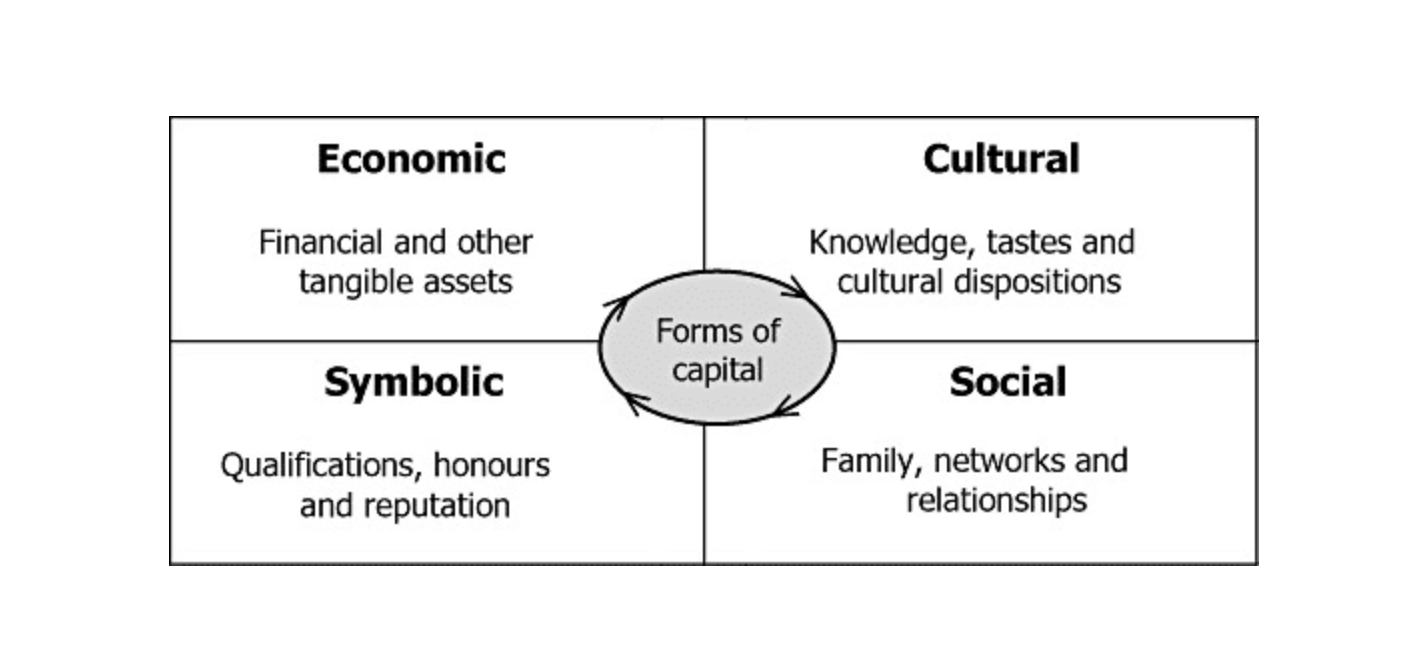Building Social Capital
The Problem
ASU Local students lack a robust professional network to support their career ambitions. While the university has provided them with many networking opportunities it has yet to build a piece of curriculum that teaches students how to network on their own.
The Solution
The Building Social Capital Project provides a captivating experience for ASU Local students to ‘upskill’ their ability to grow their professional network. It incorporates foundational knowledge, informational interview best practices, LinkedIn skill-building, and a final presentation.
Check out how I utilized
the ADDIE Design Process to build the learning experience
Analysis
Design
Evaluation
Development
Implementation
Analysis
Networking is a common topic of conversation with students at ASU Local. There have been one-off networking events at various sites throughout the program’s existence but there’s never been an upskilling project strictly dedicated to teaching students how to network. To get a better idea of what level students were at, I conducted 3 polls that were posted in our nationwide Slack channel. I asked students if they felt they had a strong professional network, if they felt comfortable reaching out and “cold-calling/emailing” a professional to request an informational interview and whether or not they used LinkedIn.
ASU Local Poll Results
Professional Network
Info Interview Comfortability
Analysis Takeaways
As mostly first-generation college students, coming from low-income families 92% of our students have little to no professional network in their industry upon entering the program
78% of students don’t feel comfortable reaching out to someone they don’t know. Some students shared it ‘feels weird’ just cold-calling or cold-emailing someone, while others asked questions like, “I don’t have a problem reaching out but I’m not exactly sure what I would say.”
Only 22% of students have a LinkedIn account and actually use the platform.
It’s clear that building one’s network is important to students but it is also a significant growth area
Even though ASU Local has provided one-off networking events, they haven’t helped students feel empowered to go out and network on their own
Design
Based on my analysis it was clear the learning experience I was designing needed to go further than just connecting students with a professional they could network with—we needed to find a way to empower students to network for themselves. Teaching students to network, so to speak, instead of giving them opportunities to show up to. I worked through design ideas using storyboarding in Mural to flush out the steps so I could stack each sub-topic of the lesson to build on the previous things learned.
As I worked through the stacking of ideas project learning outcomes began to emerge to combined my analysis with subject matter expertise.
Project Learning Outcomes
Have a better understanding of the power of social capital and how to build it
Know how to draft informational interview questions and find professionals to network with
Conduct an informational interview during a networking opportunity
Develop and facilitate a presentation summarizing your networking opportunity
Reflect on the experience
Development
In the development phase, I created all the learning materials needed to construct the course.
Implement
During implementation, I began by leading a project training-session for coaches and site directors across the nation. In this training I reviewed the project overview, deliverables, resources, and the foundational knowledge needed to facilitate the project. Additionally, I met with coaches in 1:1 sessions to further train them on the material.
Using my teaching and coaching background I developed best practices for coaches to utilize with their students that included: LinkedIn strategies, how to tap into the ASU Foundation and Alumni Associations and how best to coach students on public speaking.
As sites began implementing the curriculum to students in-person I received feedback on the design that I would later incorporate into the e-course I was publishing.
Evaluate
Successes
It was clear that this project helped bring a more structured way for students to conduct informational interviews
It made it easier for sites to incorporate networking without having to setup large networking events that were challenging to coordinate and time consuming to execute
Students were excited to take on the challenge of networking on their own because it gave them the freedom to find someone in their industry—it eliminated anyone from saying “the project didn’t resonate me because it didn’t relate to my career trajectory.”
Unexpectedly students also shared their new social capital with each other and connected their peers to the professionals they had just met
90% of the students who started the project completed it
Growth Areas
A few students did not complete the project due to reaching out to 1 or 2 professionals, not getting a response, and then giving up claiming they “couldn’t find someone to conduct an interview with”. Finding a way to check-in earlier in the project to confirm the informational interview had been set up might eliminate students falling through the cracks and it being a surprise at they end they weren’t able to complete it.
Some students chose to interview someone they already knew therefore they didn’t technically expand their social capital—though they still learned things from the experience.
The employers and professionals on the receiving end of the interview were not contacted by ASU Local to receive feedback on how their student did. We only heard from the student’s perspective on the experience during their presentation. It would be helpful to hear from the employer’s perspective.
Incorporating employer feedback would allow the opportunity iterate and enhance the project to focus on areas of the growth the students need
Some student slide decks lacked professionalism and were visually under par, it should be a larger area of focus showing students how to make a quality google slide
In summation, due to it’s success the ASU Local Building Social Capital Upskilling Course is now a requirement for all students to complete before they graduate.








